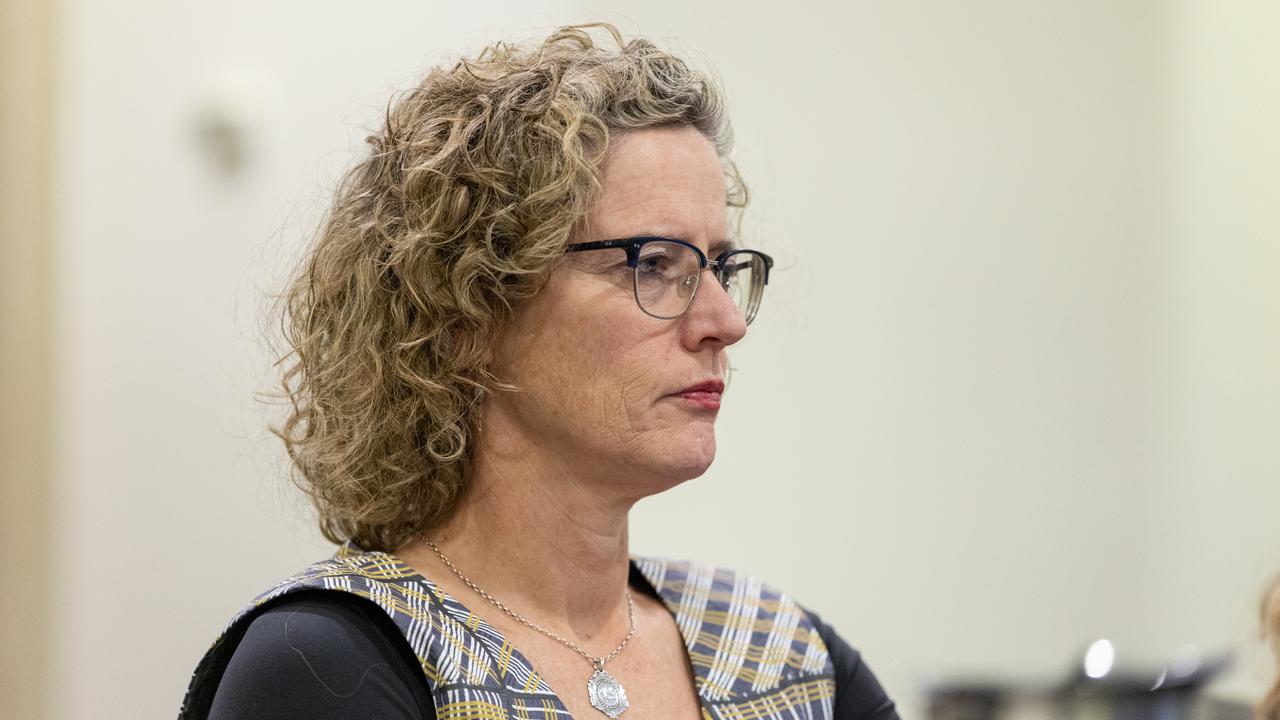
Universities across Australia will soon be legally required to better respond to and take steps to prevent gender-based violence on campus for the first time.
Historic laws passed the House of Representatives on Monday to establish a national higher education code to prevent and respond to gender-based violence.
The code is a result of decades of campaigning by students, higher education providers, advocacy groups and experts, all calling for more government action.
It will apply to all aspects of a university including every campus and student accommodation.

The code follows the establishment of the National Student Ombudsman which opened its doors in February after a damning parliamentary report pilloried universities for how they handled sexual violence and harassment complaints.
More than 14,000 sexual assaults occur on Australian university campuses every year.
One in six university students has experienced sexual harassment on campus, in their university or in a residency they call home.
Almost one in three university staff have reported personal experiences of sexual harassment.
The new regulations demonstrate a crucial shift to place the emphasis on organisational and cultural change that will benefit both staff and students, said chief executive Patty Kinnersly of Our Watch, a national leader in the primary prevention of violence against women.
"No one should ever fear for their safety where they work, study, or live," she said.
"Gender-based violence can be prevented through whole-of-institutional change that addresses the drivers of violence such as gender inequality, disrespect and rigid gender stereotypes."
The code will require cultural change led from the top, with new standards for governance and leadership.
Universities will also be required to take a whole-of-organisation approach to enhance gender equality and appropriately respond to incidents of violence.
The safety and wellbeing of victim-survivors will also need to be prioritised while ensuring perpetrators are held to account.
The laws were a "decisive step" which would give students the confidence and pathway to make a complaint and be heard, Labor MP Libby Coker said.
"Universities should be places of opportunity and learning. Not fear, not harassment, not silence," she told parliament.
"Gender-based violence has no place in Australia and it certainly has no place in our universities."

For too long, survivors had been left unsupported, unheard and disbelieved, assistant minister for family violence prevention Ged Kearney said.
"We have a culture where women who react or 'ruin the fun' or insult any perpetrators are treated very negatively ... this bill is about changing this culture," she said.
"For the first time, there will be real oversight. Real transparency. Real consequences."
Our Watch has been working with universities to deliver training and support to create safe and respectful communities.
"The national code makes it clear: prevention is not optional, it's a core responsibility for every higher education and student accommodation provider," Ms Kinnersly said.
The bill will now need to be passed by the Senate in order to become law.
1800 RESPECT (1800 737 732)
National Sexual Abuse and Redress Support Service 1800 211 028
Lifeline 13 11 14
Men's Referral Service 1300 766 491







